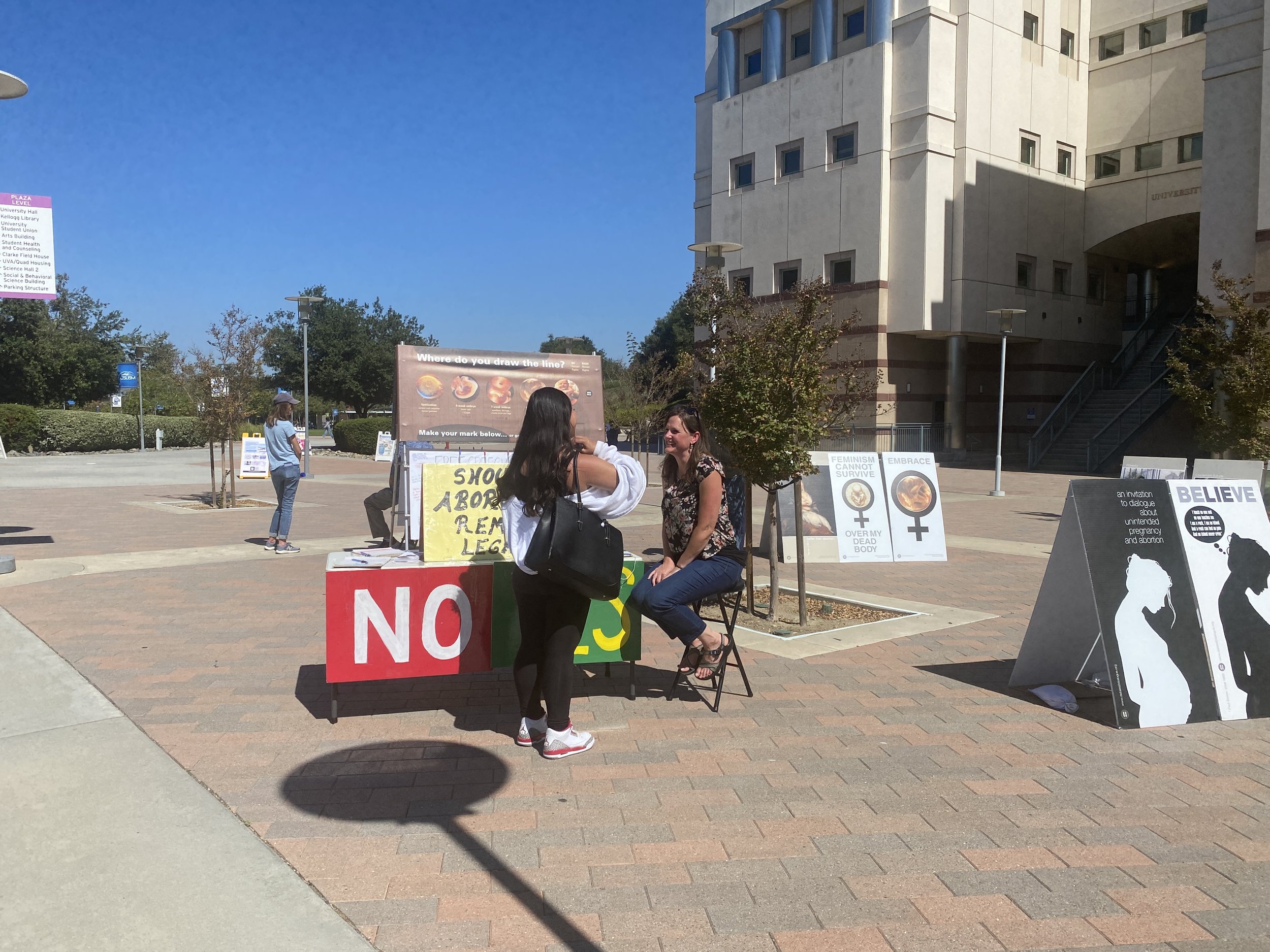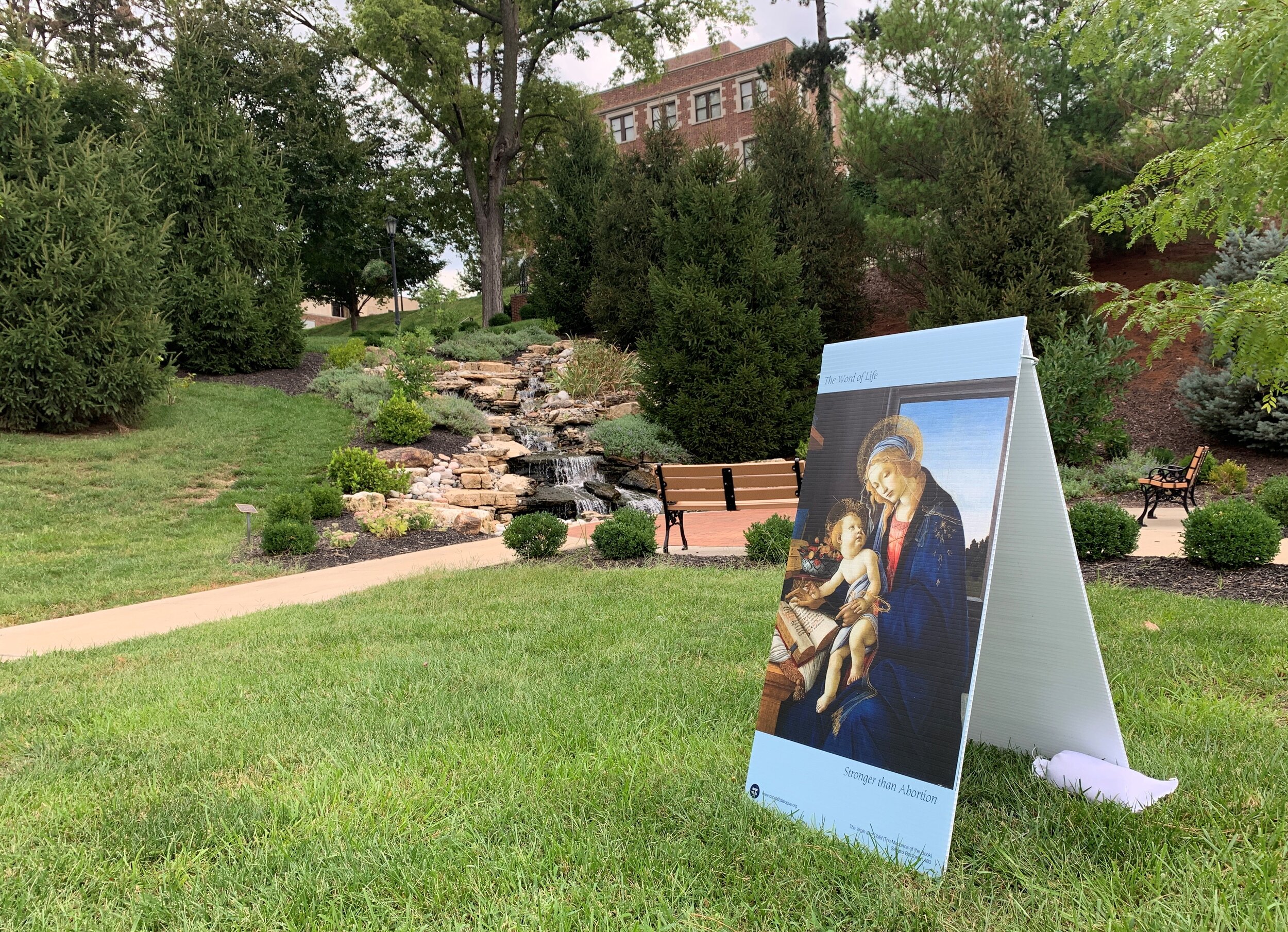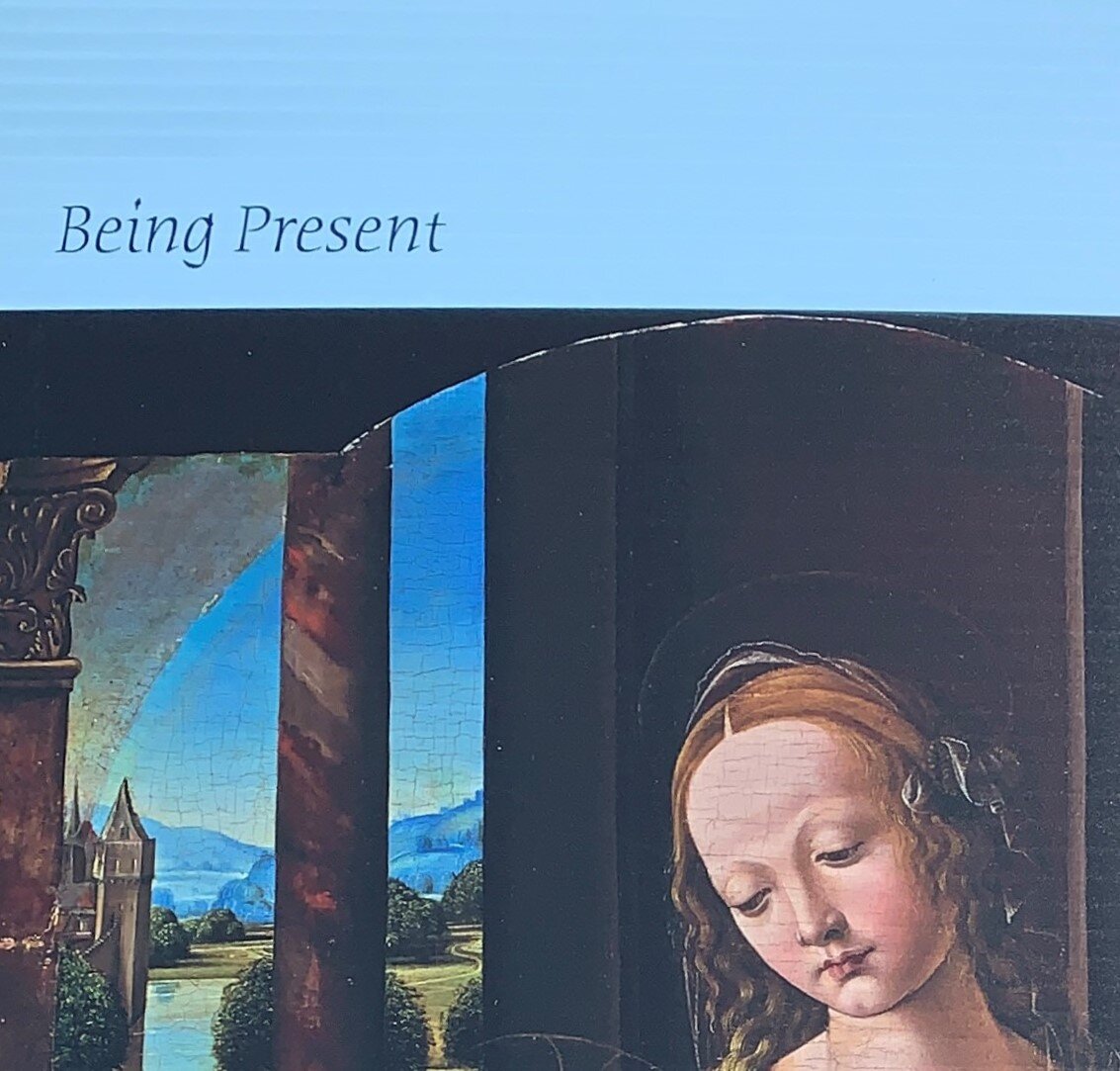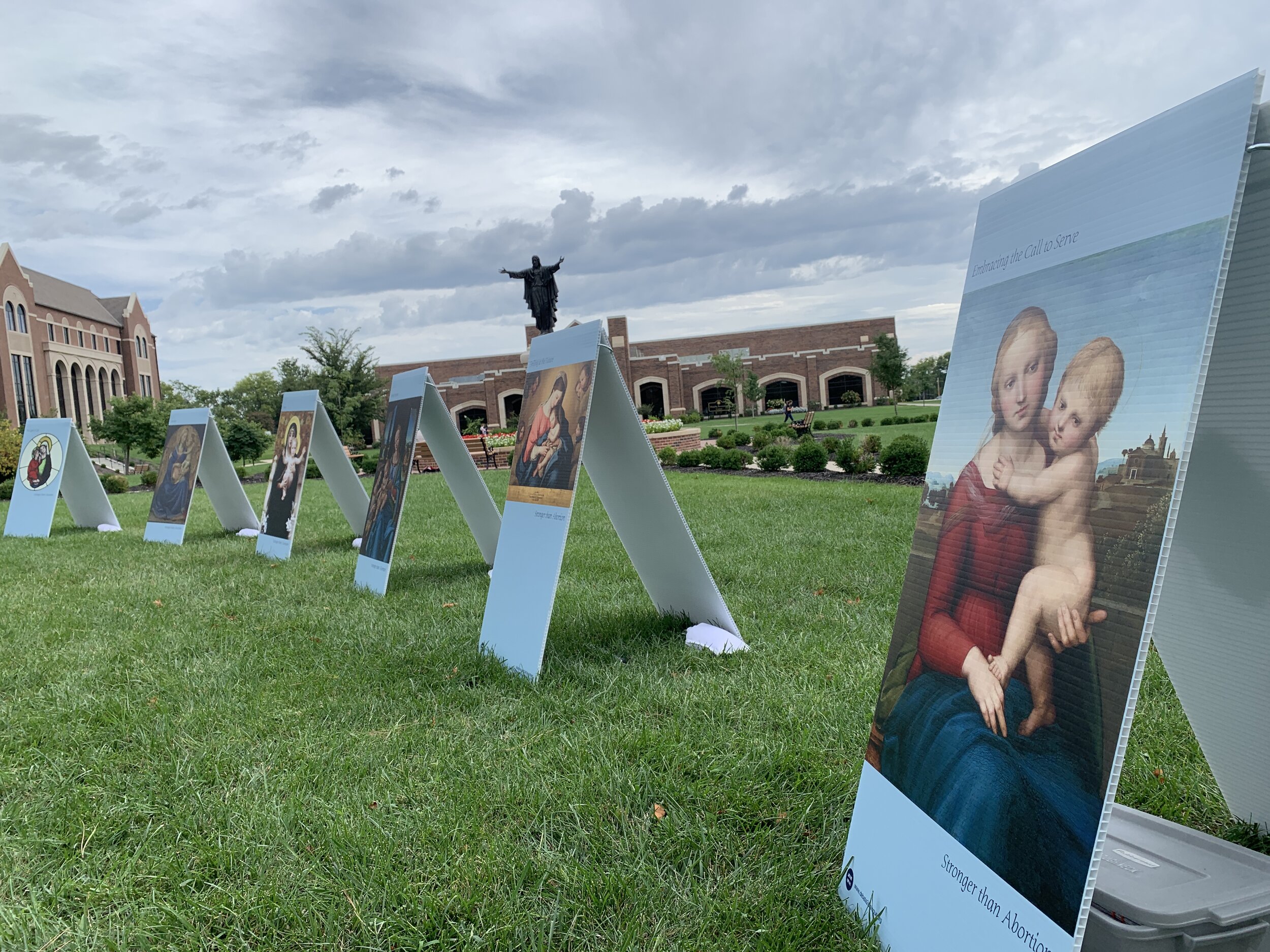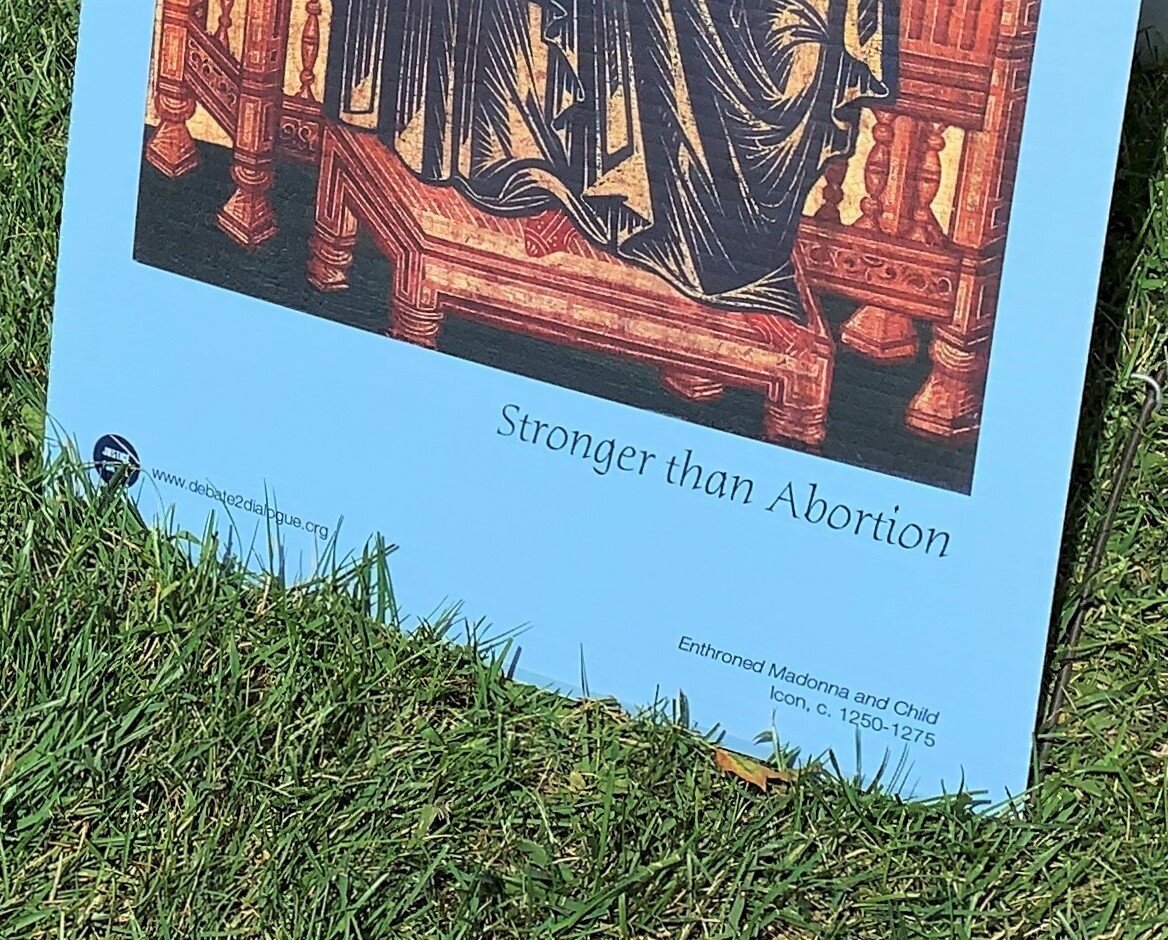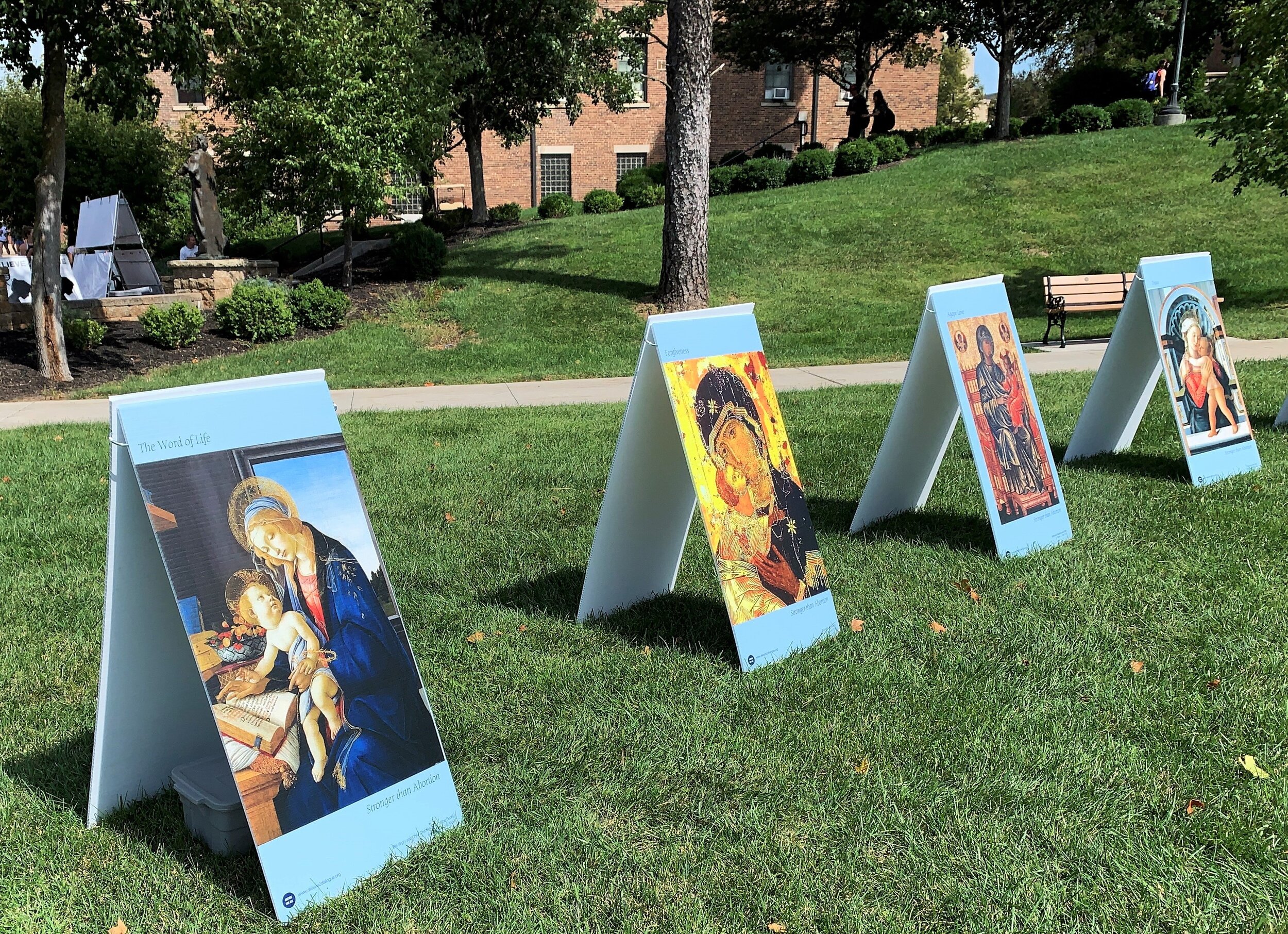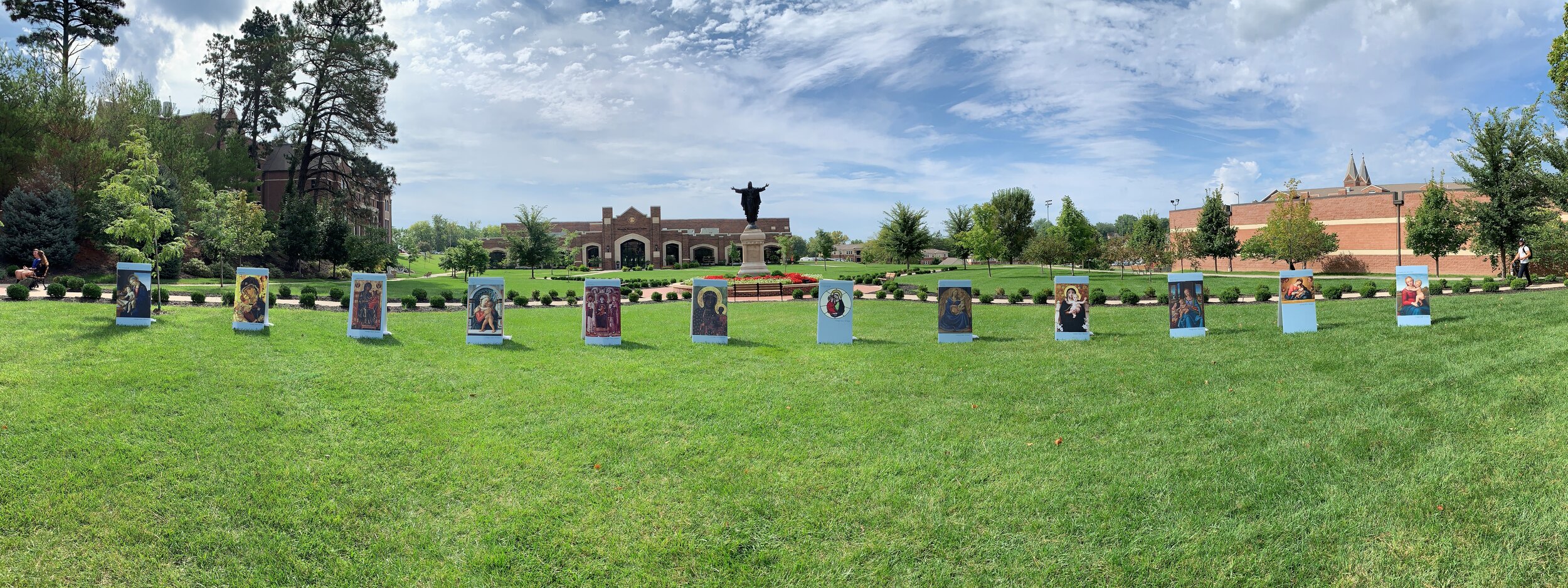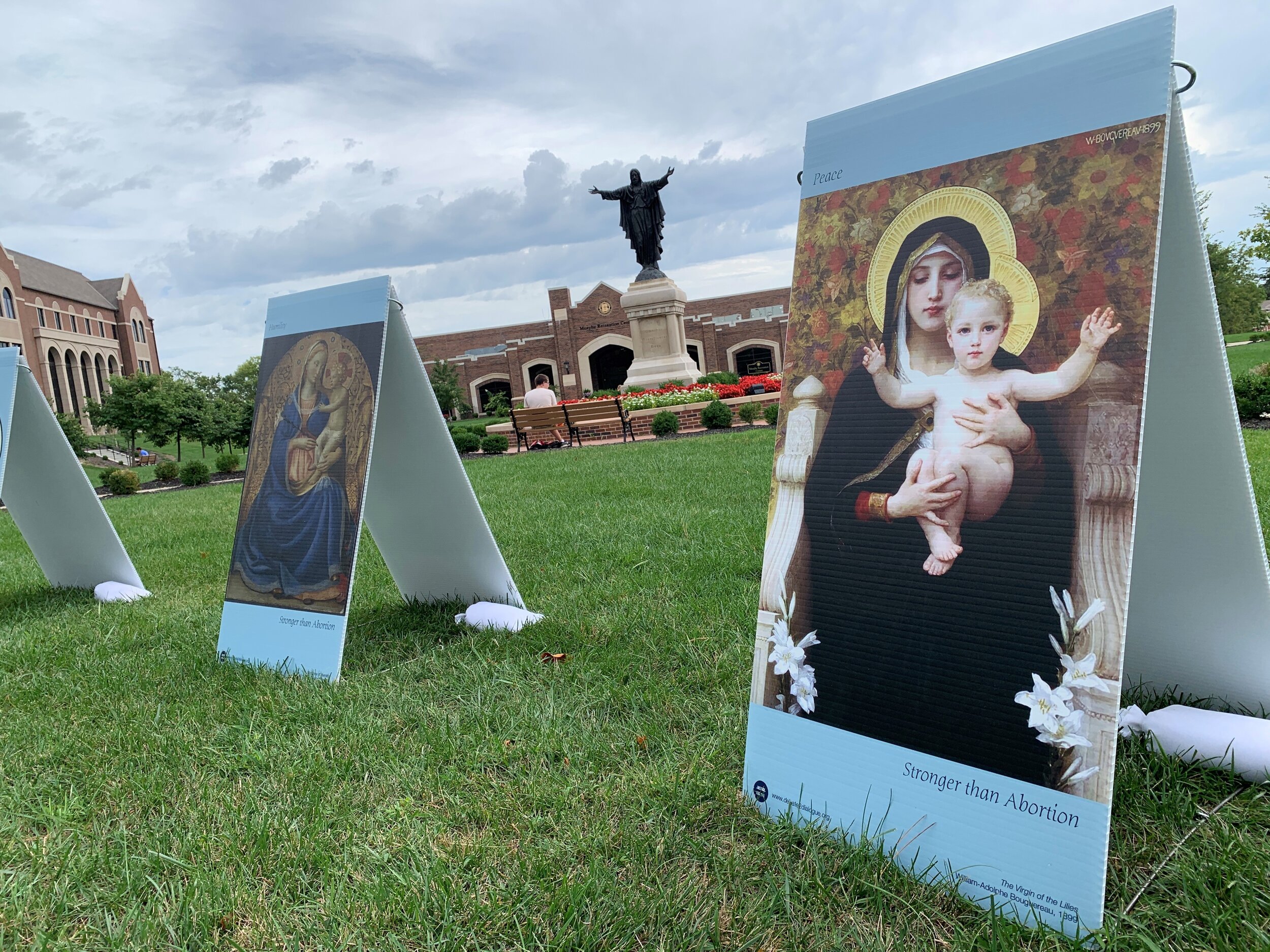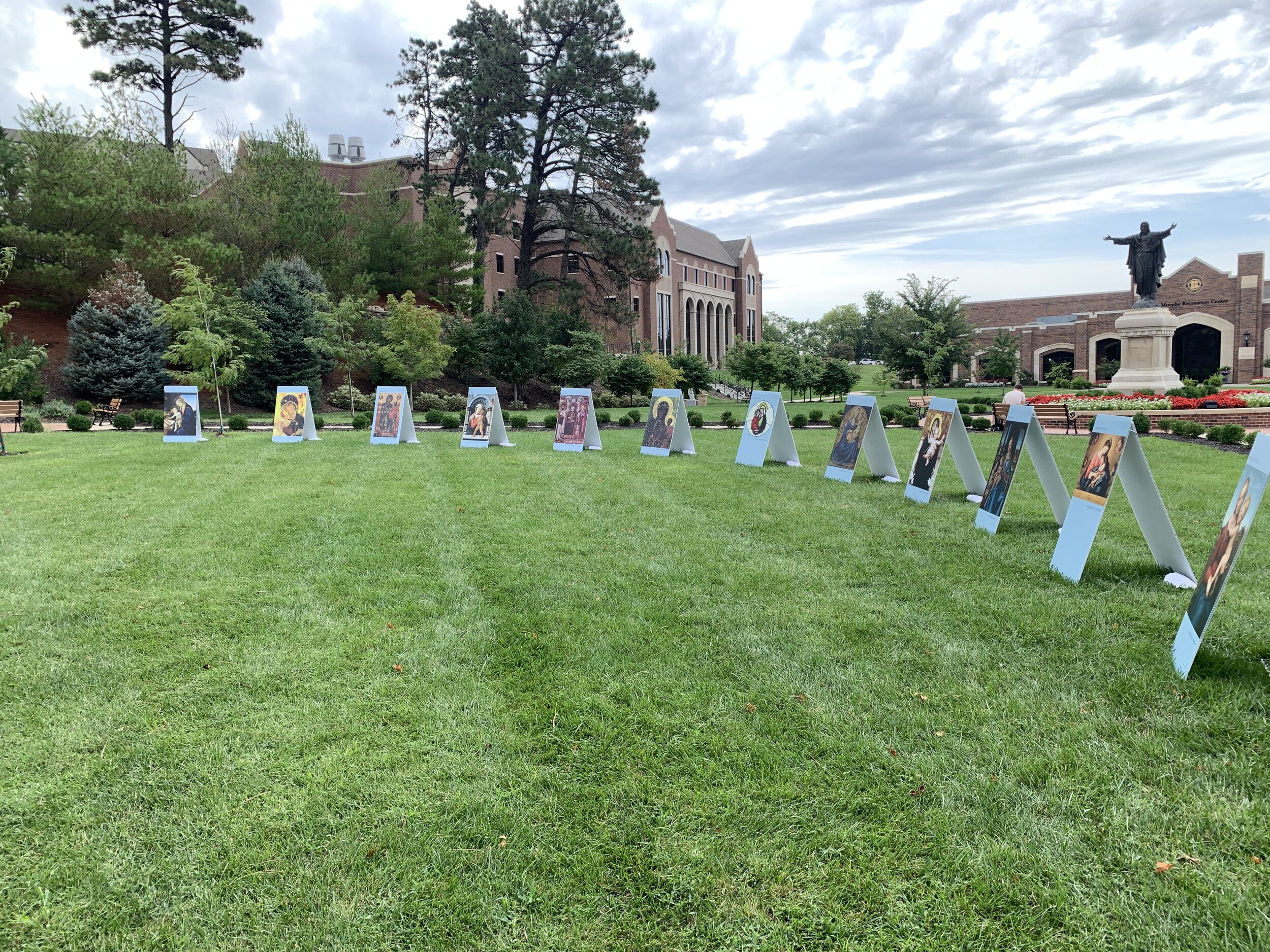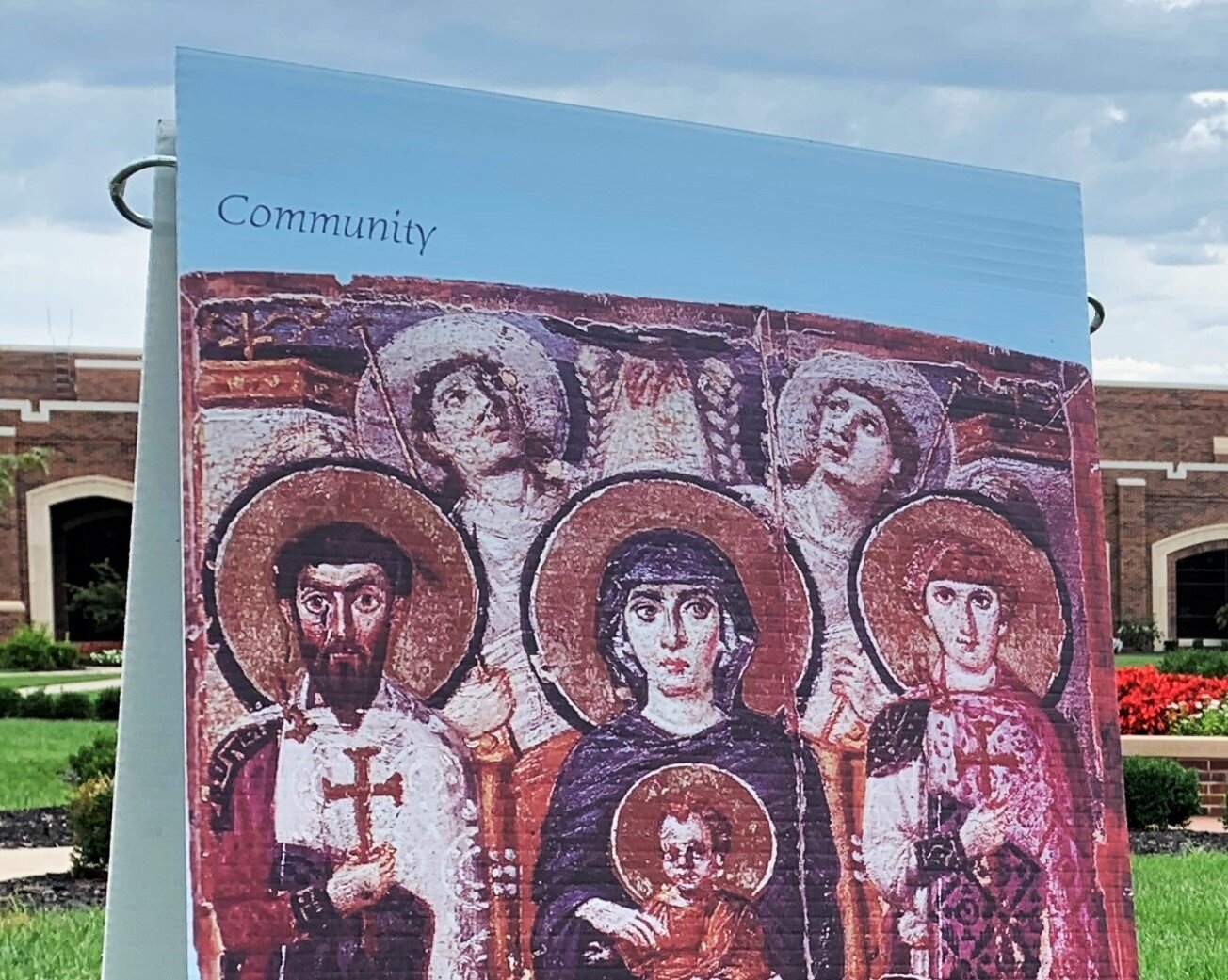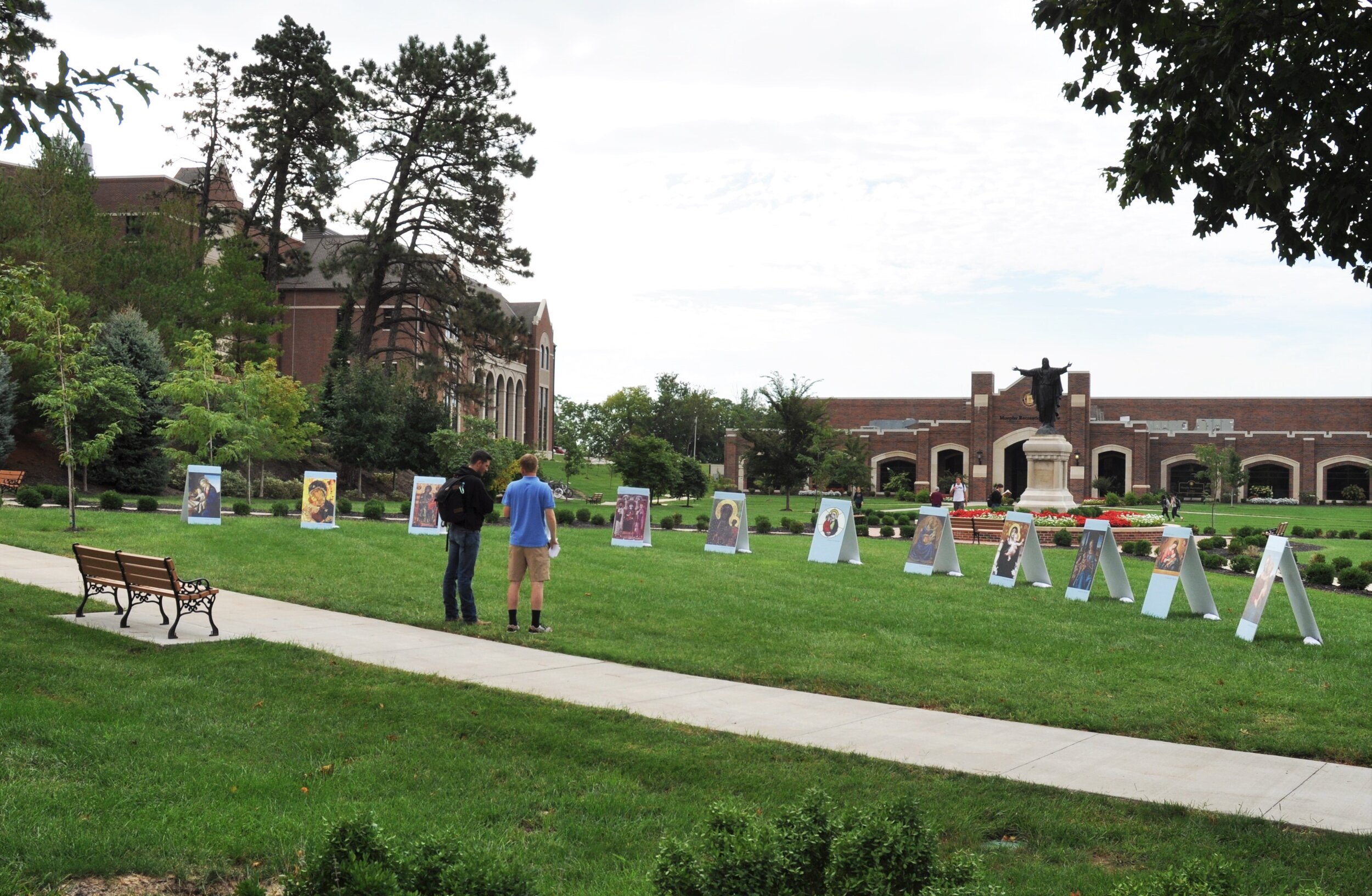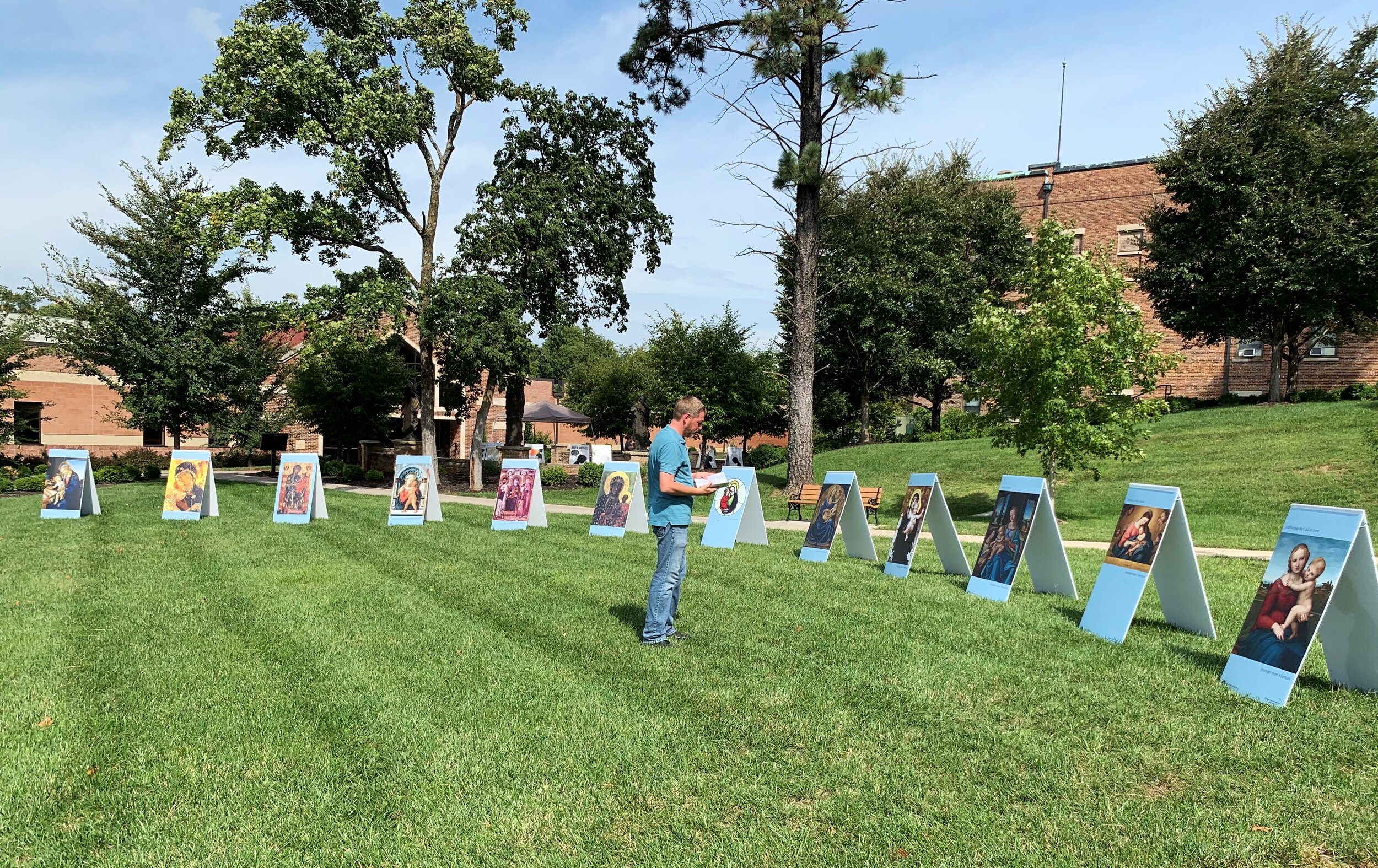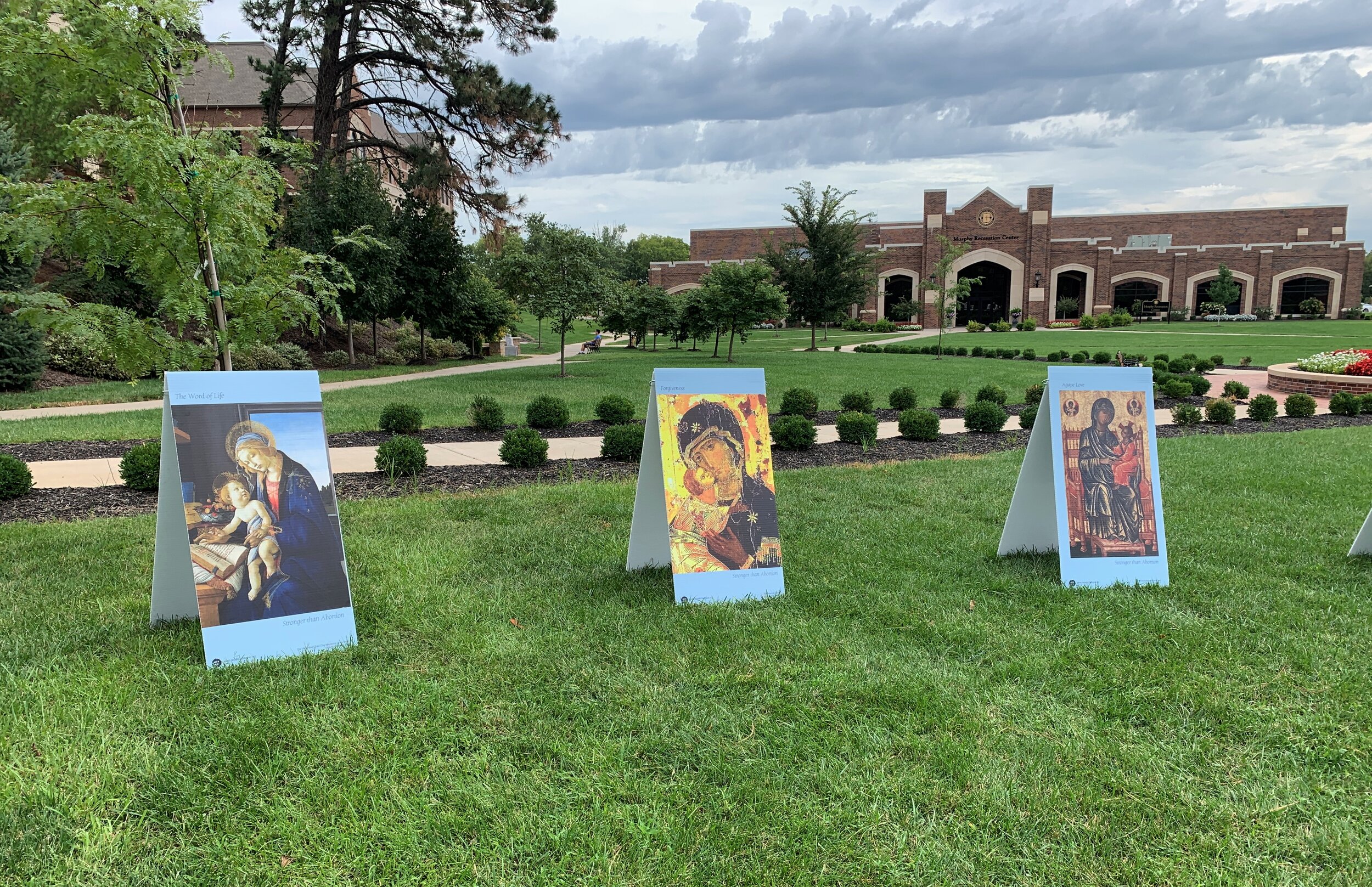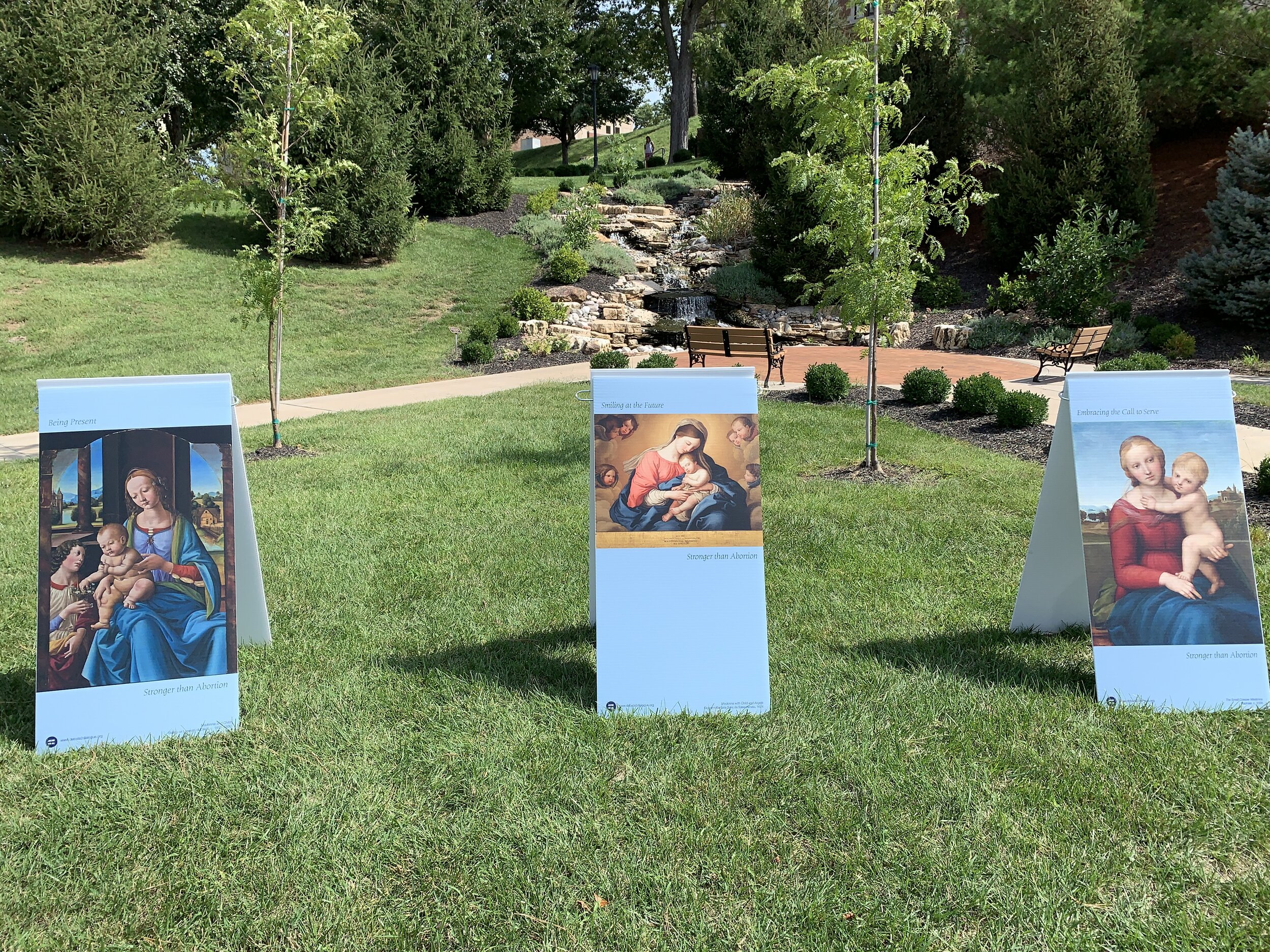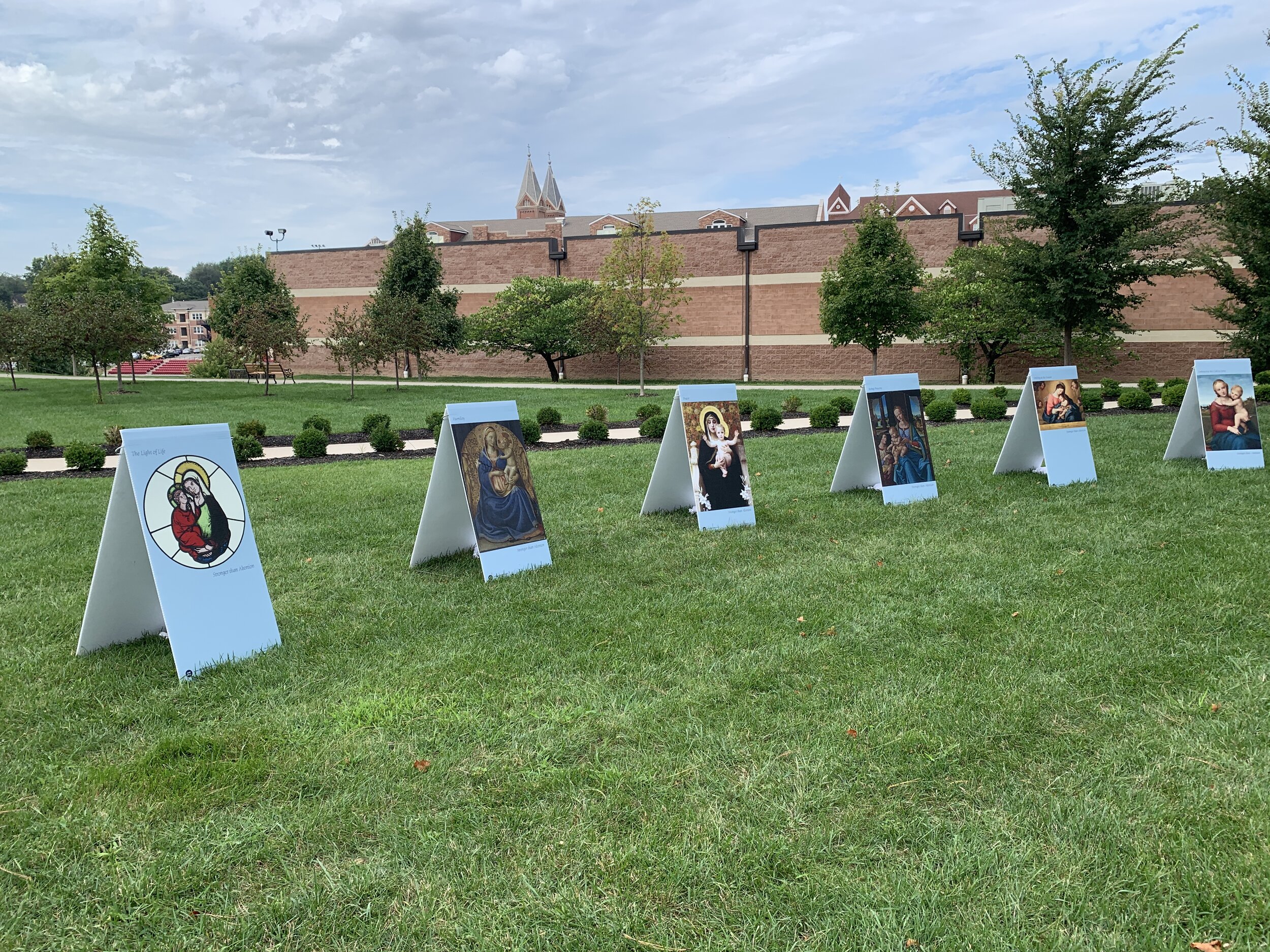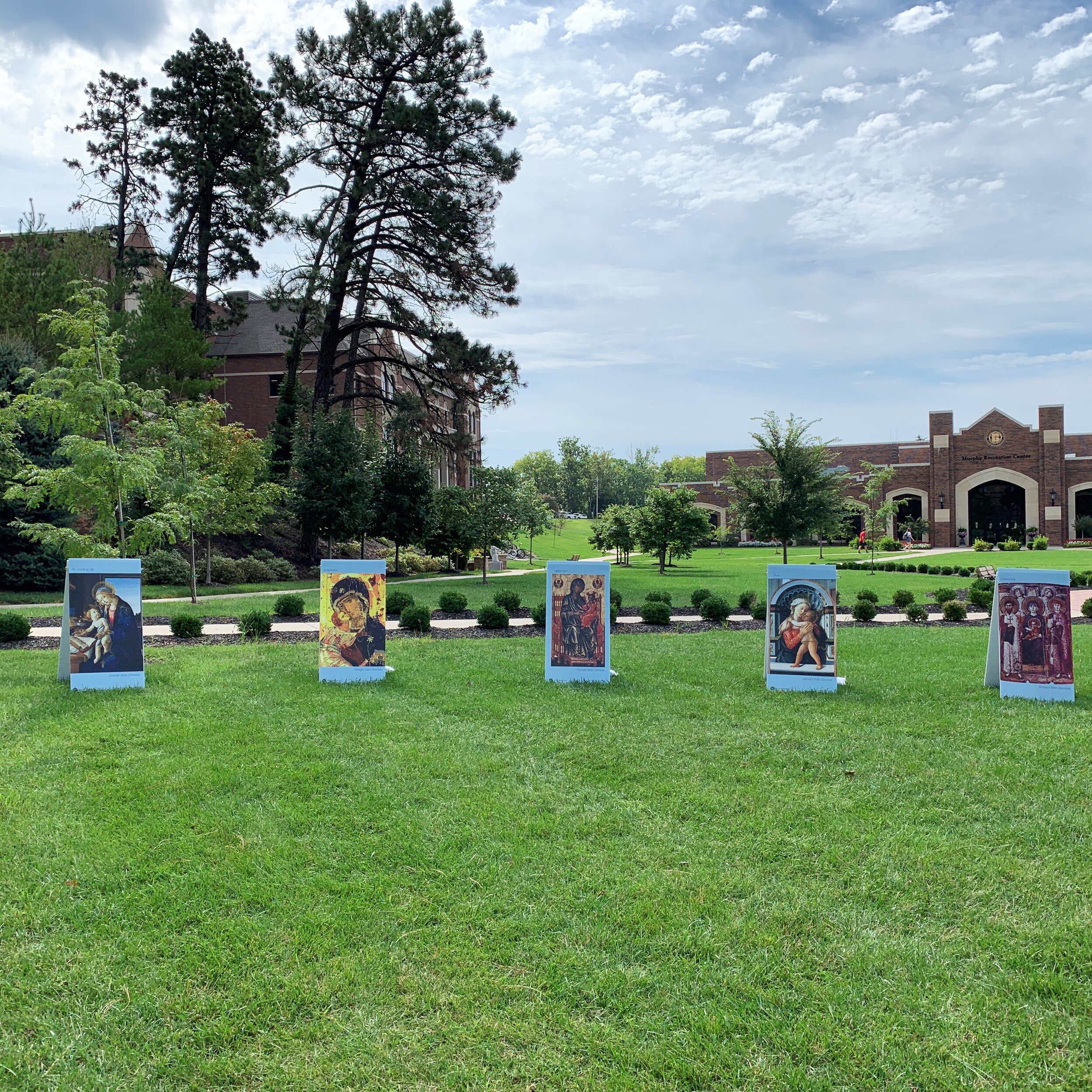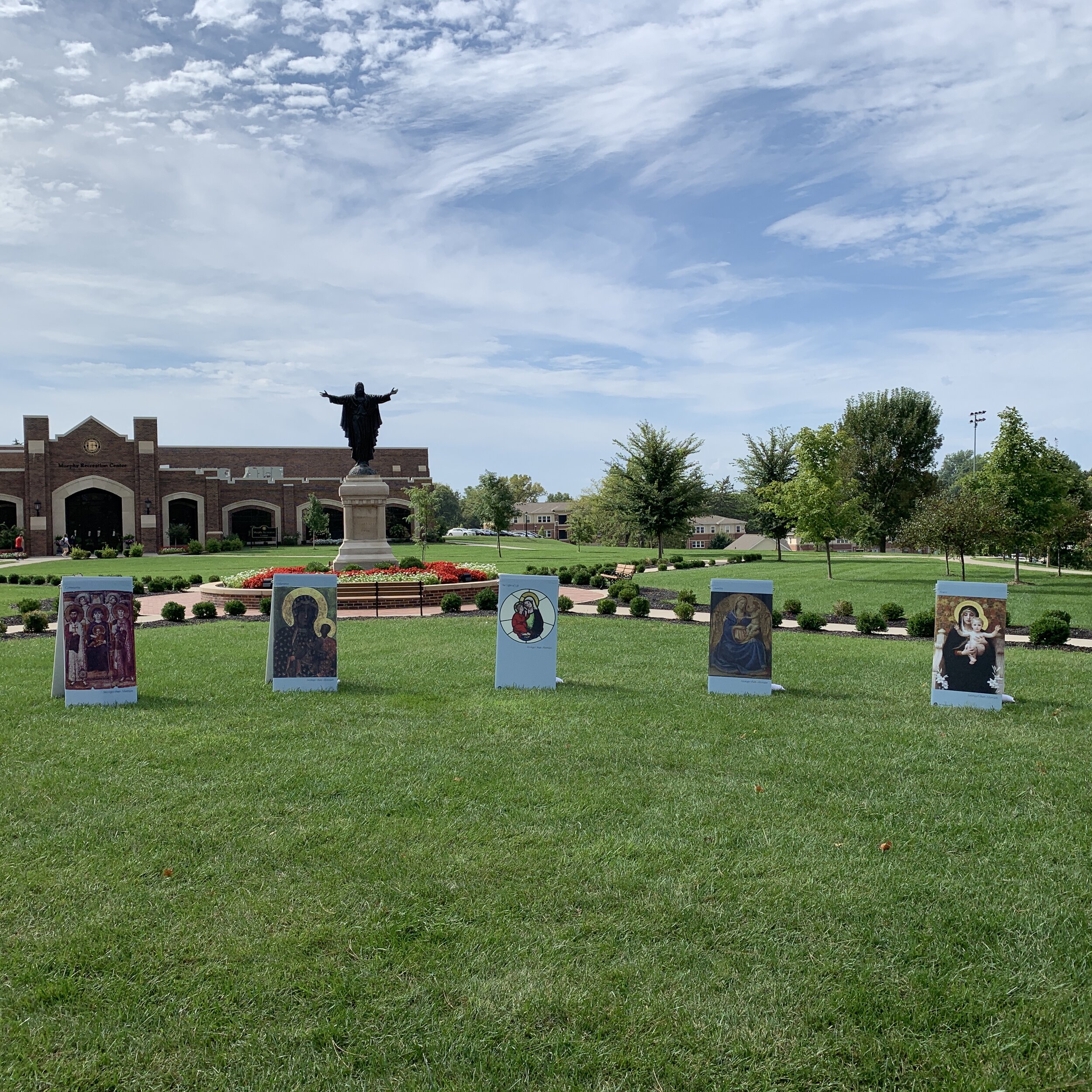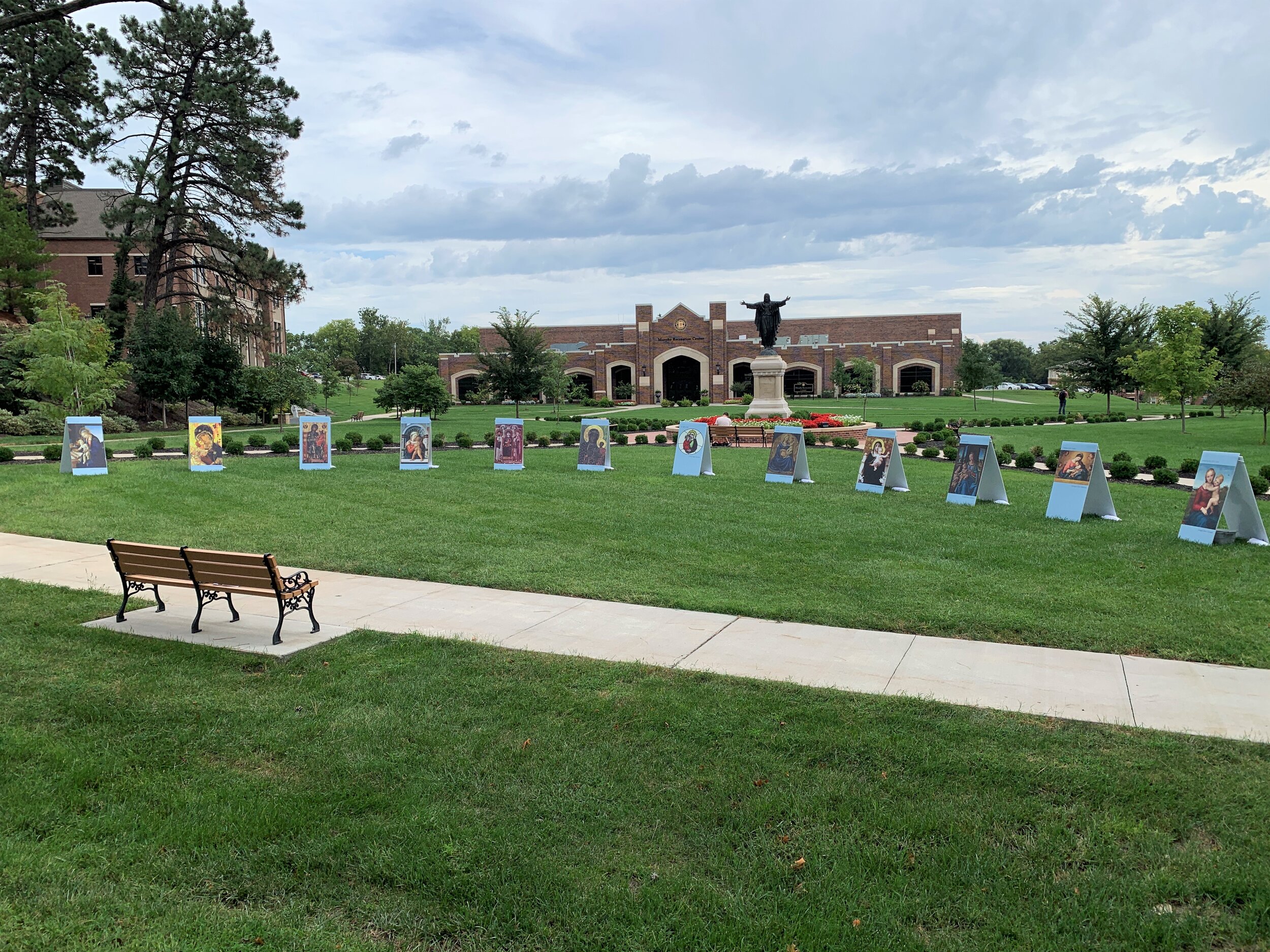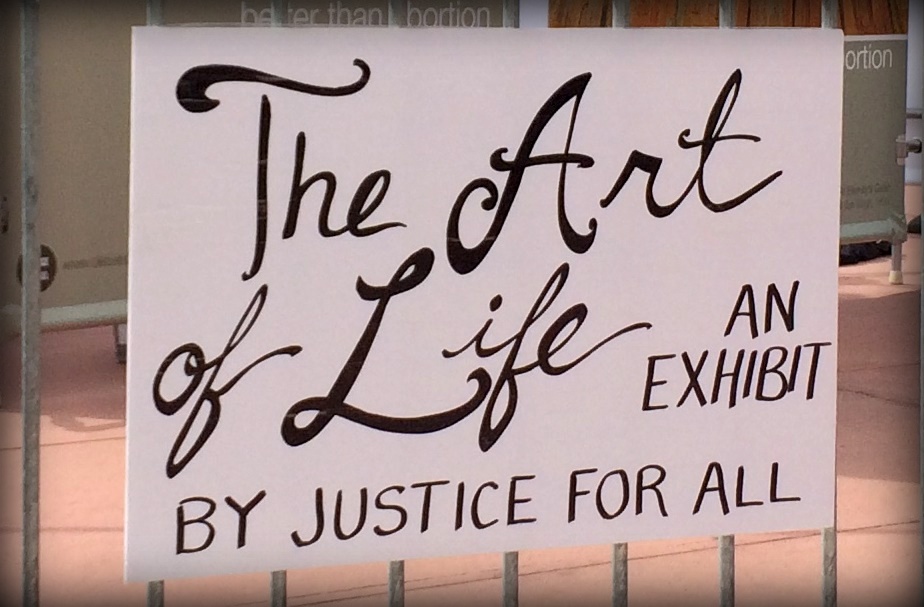Imagine it is Sunday, and because you love football so much, you sit down to watch the NFL for eight hours straight. It’s going to be great!
This artful flick from Kelce to McCoy in the September 29 Chiefs-Lions game would never have happened. Read the rest of letter to see what I mean, then go see the flick for yourself in the game’s highlights.
It’s a unique day because all of the NFL’s 32 teams are playing. 16 games packed into eight hours. The first game up is the Chiefs versus the Lions. The kickoff happens, and the ball is down. Patrick Mahomes* receives the hike and, at the 12-second mark, he disappears. He disappears. Just like that, the ball falls to the ground. Chaos ensues on the field. A bit unsure of how to proceed, the referees call for a replacement. More than a bit bewildered, Coach Andy Reid puts his second-string in. Play begins. Another 12 seconds and Travis Kelce disappears. Every fan’s face is riddled with shock. Reid puts in his second-string tight end. Play begins again. And your eyes are glued to the screen as every 12 seconds from that point on, one of the players disappears. The Lions might have been a little pleased when the Chiefs starting losing players, but then it is their turn, as they see quarterback Matthew Stafford disappear. Then another player. Then another.
Your hand sits motionless with a chip halfway submerged in guacamole. As you flip between the various games, you can’t believe your eyes. None of the NFL teams can hold on to their starting players. Every game features the same disturbing rhythm: every 12 seconds, another player disappears.
Commentators start discussing if there should be a rules change to accommodate this astonishing phenomenon of “the disappearing player.” Twitter is on fire with comments and rage. One post guesses that it’s a publicity stunt by the NFL to boost ratings. Another muses that this is a promotion for the latest Avengers movie, calling to mind the “snap” from Infinity War, in which people mysteriously disappear. Still others liken this to Bilbo’s “little joke” in the opening scenes of The Fellowship of the Ring. Everyone agrees on one thing, though: It’s the biggest news of the year.
You scan the channels and see each coach running through an entire roster of 53 players. The first string is gone. The second string is gone. Kickers are playing quarterback. Some coaches are drafting the waterboy and the mascot on the spot just so they can field a team at all. Is this a circus or an organized sport?
By about six hours into your marathon football day, you’ve watched the entire NFL disappear. About 1700 players no longer playing. Gone without a trace. Imagine how that would feel. The loss. The tragedy.
This scenario is just an imagined scene, and admittedly, it’s very far-fetched. In an eight-hour day in the real world in America, though, once every 12 seconds a woman will decide to end her unintended pregnancy by abortion.** So our imagined NFL scenario is actually a very good picture of abortion in America. Not just today—every day. Let the sixth hour finish and the seventh, and the eighth, with even the NFL’s drafted waterboys and mascots all disappearing every 12 seconds, and you have a good picture of abortion over just one day in America. About 2300 women confronting an unintended pregnancy today will end it by abortion, and about 2300 unborn children will disappear. About one every 12 seconds in an eight-hour day.
For many of the 2300 women who sought those abortions, though, that memory will never disappear.
Our JFA team was in Pittsburg, Kansas recently, and we had the privilege of speaking to 212 middle school students, high school students, and faculty throughout the day at St. Mary’s Colgan (see photos below). JFA’s Director of Operations, Paul Kulas, and I were musing over breakfast about how we might make the reality of abortion more relevant to the students. That’s when we concocted our little imaginary tale about the NFL.
Does abortion create the same chaos that the disappearing NFL would create? Should it cause all of us the same urgency we’d have if we were watching the NFL disappear? We think so. That’s what motivates our team and our volunteers to keep “taking the field” to train Christians to create conversations that change hearts and save lives.
Thanks for standing with us. You’re not just fans in the stands. You’re on the field with us, essential to making our work happen. Let’s pray that God uses our efforts to create a great win for women and unborn children this year.
(Pittsburg, KS: Sept. 30) Having just finished the “Disappearing NFL” story, Steve Wagner gets ready to hand the mic to Tammy Cook to lead a discussion of three different kinds of abortion conversations: good, bad, and ugly.
Paul Kulas, playing the part of a pro-choice person, reacts strongly to Grace Fontenot, playing the part of a pro-life advocate. Grace was talking over him, assuming the worst, and calling him names like “Nazi.” As you can guess, this was our dramatic presentation of an “ugly” conversation.
* Yes, I am aware that Patrick Mahomes did recently really “disappear” from the field due to an injury. Our resident Chiefs fan, Tammy Cook, is counting this a great tragedy, while our resident Packers fans, Paul Kulas and Jeremy Gorr, appreciated the reprieve in the recent game on October 27!
** See www.jfaweb.org/facts and www.jfaweb.org/more-facts. Approximately 2.8 million women in America experience unintended pregnancy each year (2011), and approximately 862,000 choose abortion (2017).




